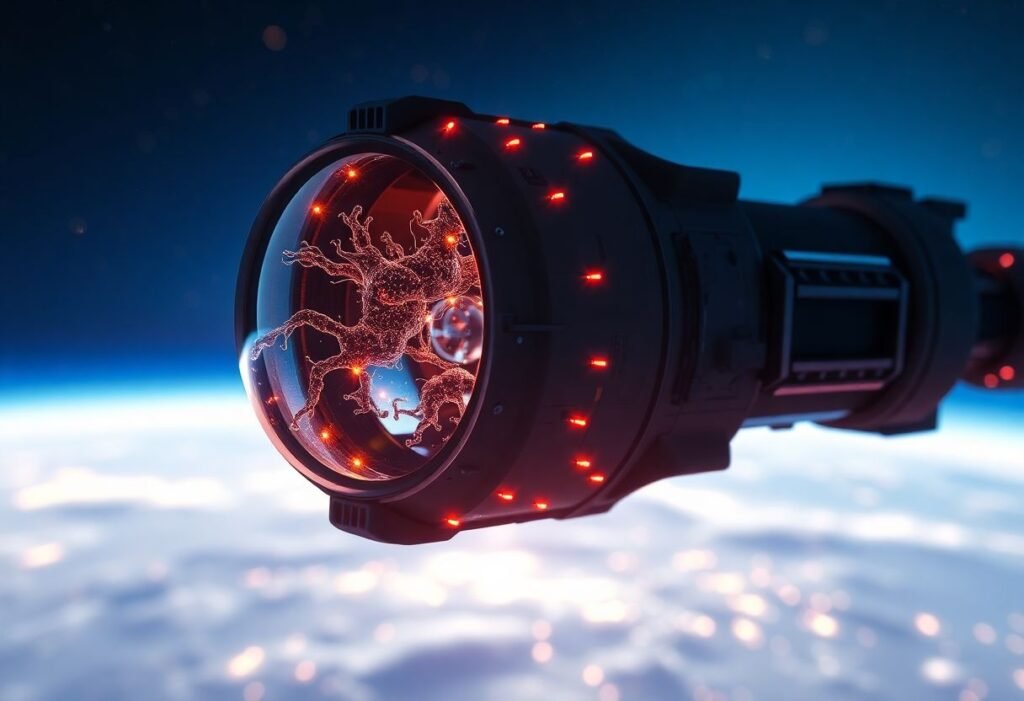The future of biotechnology in space medicine holds tremendous potential for innovation and advancement. As we venture into deep space exploration, the application of biotechnology can enhance human health, ensure safety, and facilitate sustainable life in extraterrestrial environments.
The Role of Biotechnology in Space Healing
As astronauts journey beyond Earth, they face a myriad of health risks due to radiation exposure, muscle atrophy, and psychological stressors. Biotechnology provides innovative solutions, including cellular therapies and regenerative medicine techniques that can help heal injuries and combat the negative effects of space travel on the human body. Utilizing advanced biopharmaceuticals and genetic engineering, doctors can tailor treatments for conditions arising in microgravity, promising healthier astronauts in long-duration missions.
Development of Bioreactors in Space
Creating bioreactors in extraterrestrial habitats can revolutionize medical innovation. These self-sustaining systems can produce essential medicines, nutrients, and even food, decreasing reliance on Earth. Such technology not only supports the health of space crews but also addresses challenges of waste management and resource sustainability. Testing and improving biotechnological processes in space environments provide critical data for future Earth applications, paving the way for a healthier planetary ecosystem.
Genetic Engineering for Space Adaptation
Genetic engineering holds the promise of altering microbial life or even human genetics to adapt to the harsh conditions of space. By employing techniques such as CRISPR, scientists can facilitate the development of microorganisms that contribute to waste recycling or biofuel production. This strand of biotechnology innovation is vital for establishing permanent settlements on other planets and ensuring the survival of space travelers.
Personalized Medicine for Astronauts
As space missions grow longer and more complex, personalized medicine becomes paramount. Utilizing the principles of biotechnology, we can develop targeted therapies that consider an individual’s genetic makeup and unique predispositions. By implementing genomic sequencing aboard spacecraft, healthcare providers can customize medical treatments in real-time, ensuring that the health needs of astronauts are met efficiently and effectively.
Microsensors and Health Monitoring in Space
With advancements in biotechnology, the incorporation of microsensors for continuous health monitoring opens new frontiers in space medicine. These tiny devices can track vital signs, metabolic responses, and even psychological well-being. By analyzing data generated by these innovative technologies, medical teams can identify potential health issues before they escalate, ensuring optimal wellness for astronauts on missions. This integration of biotechnology not only enhances the safety of space travel but also enriches our understanding of human biology.
Collaborative International Research Initiatives
The future of biotechnology in space medicine relies heavily on collaborative research initiatives among international space agencies. Multinational projects can pool resources, knowledge, and expertise, fostering global innovation. By sharing findings related to biomedical research from space missions, we can accelerate advancements that benefit both space exploration and healthcare on Earth, creating a dual impact through the use of biotechnology.
Disclaimer: The content provided here is for informational purposes only and does not constitute medical or professional advice.





















